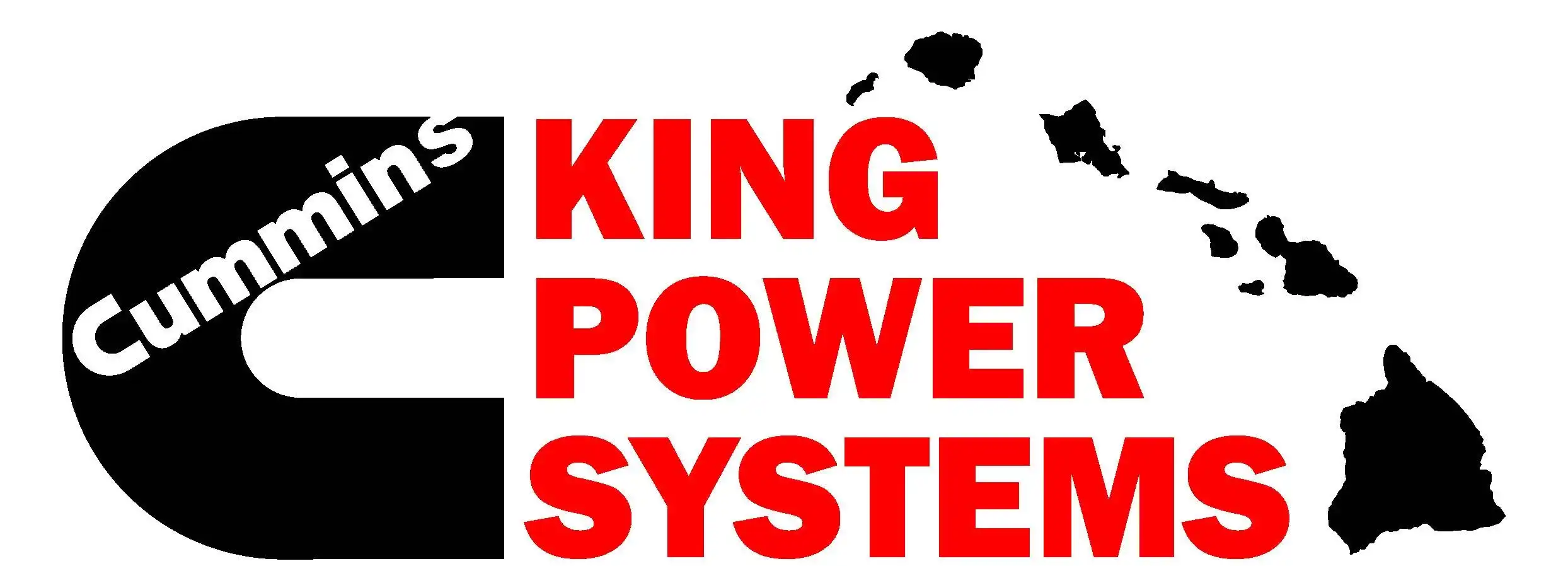House Bills Supporting Energy, Environmental Goals Signed into Law

Three House bills that support Hawaiʻi’s transition to clean ground transportation were signed into law on Thursday by Governor David Ige during a ceremony with lawmakers and guests standing alongside electric vehicles at Central Middle School on Oʻahu.
Representative Nicole E. Lowen (D-6, Kailua-Kona, Hōlualoa, Kalaoa, Honokōhau), the author of two of the bills, said it is critical to focus on the transition to clean transportation in order to achieve the decarbonization goals of the state and address the climate crisis. The bills seek to accelerate the adoption of zero-emissions vehicles in the state.
“Even with all the progress that has been made in the last decade, Hawaiʻi is still heavily reliant on imported oil, a majority of which is used in the transportation sector,” said Lowen, Chair of the House Committee on Energy & Environmental Protection. “With the signing of HB 552 into law, the state is demonstrating its commitment to decarbonizing state fleets and leading the way for the private sector to do the same. This measure will also save taxpayer dollars because EVs are now cheaper to own and operate than gas-powered vehicles.”

HB552 HD1 SD2 CD1, now Act 74, establishes a goal for state agencies to transition 100% of light-duty motor vehicles in their fleets to zero-emissions vehicles by Dec. 31, 2035. The bill also establishes procurement preferences to encourage cleaner medium- and heavy-duty vehicles.
Hawaiʻi currently has over one million gasoline-powered vehicles on its roads which emit nearly five million metric tons of climate-changing carbon pollution annually. Some of these vehicles are used by government employees in the performance of their duties. Electric vehicles will play an important role in the state’s clean energy future and meeting the goals set for Hawaiʻi in reducing its greenhouse gas emissions.

HB424 HD1 SD1 CD1, now Act 73, requires all state agencies, when renting a vehicle conducting official government business, to adopt a preference for renting electric vehicles or hybrid vehicles provided the vehicle is suitable for the specific travel requirements and available when needed.
Representative Tina Wildberger (D-11, Kīhei, Wailea, Mākena) was the primary introducer of HB424.
“I am thrilled to see HB424 make it through the entire legislative process this year. Everything we can do to reduce greenhouse gas emissions should be everyone’s goal,” said Representative Wildberger, Vice Chair of the House Government Reform Committee. “This measure will help encourage the rental car companies to invest in electric vehicles and know there is market share that will rent them. State employees rent a lot of vehicles on state business. This will help us pivot to an electrified transportation system in Hawaiʻi.”

HB1142 HD2 SD2 CD1, now Act 75, allocates monies from the state’s barrel tax to fund the rebate program for the installation of electric vehicle (EV) charging systems. This rebate program was created by the legislature in 2019 and has been successful in incentivizing the installation of more publicly accessible EV chargers in the state.
“The lack of an adequate network of places to charge an EV remains a barrier to more widespread adoption of EVs in the state,” said Representative Lowen. “By providing ongoing and substantial funding to incentivize the build-out of EV charging infrastructure, we are making EVs a viable option for more people—especially for renters, condo-dwellers, and lower- and middle-income families.
“The transition to clean transportation has multiple benefits for the people of Hawaiʻi. It reduces our contribution to emission that cause climate change, reduces local pollution, saves taxpayer dollars, and reduces reliance on imported fuels, which leaves more dollars circulating in our local economy.”










